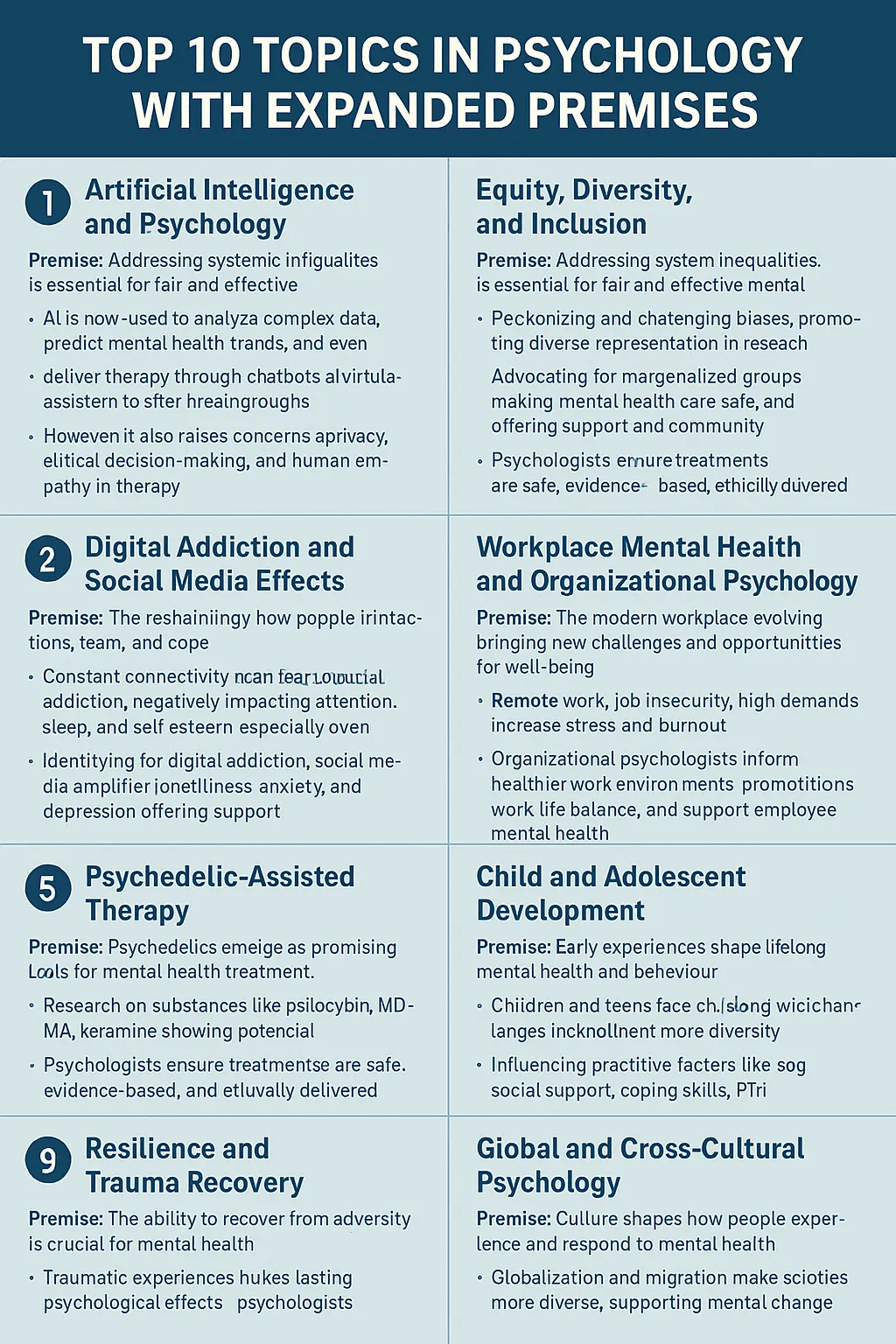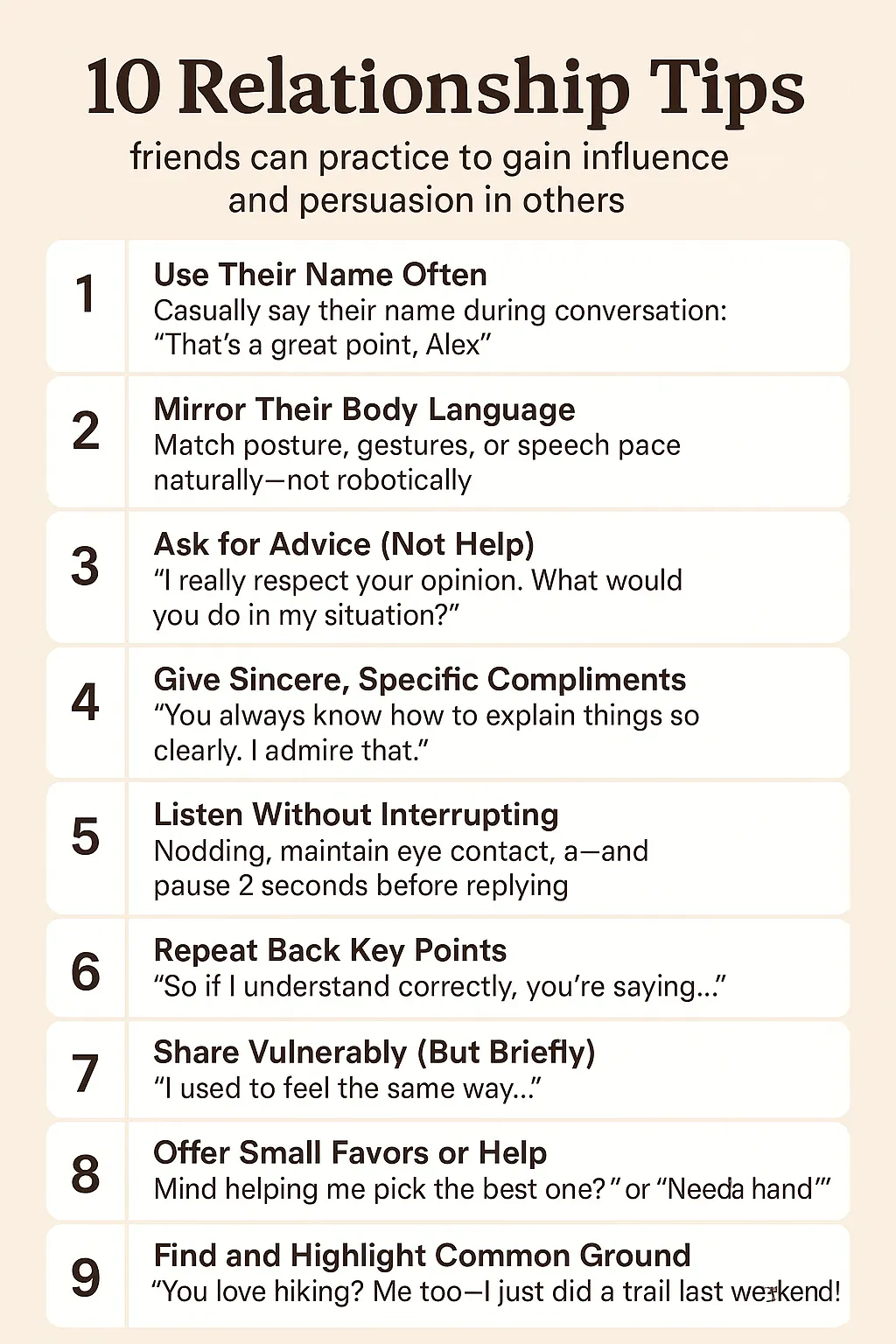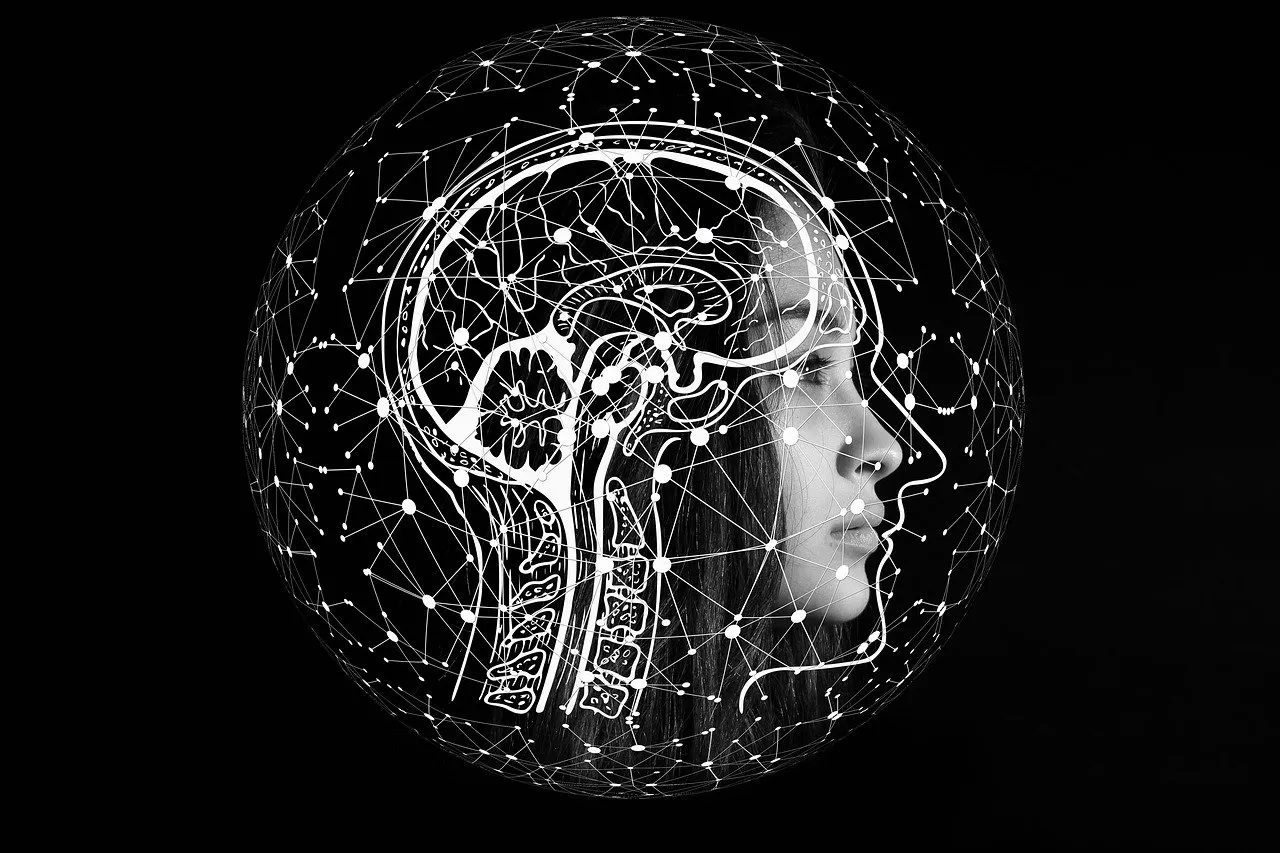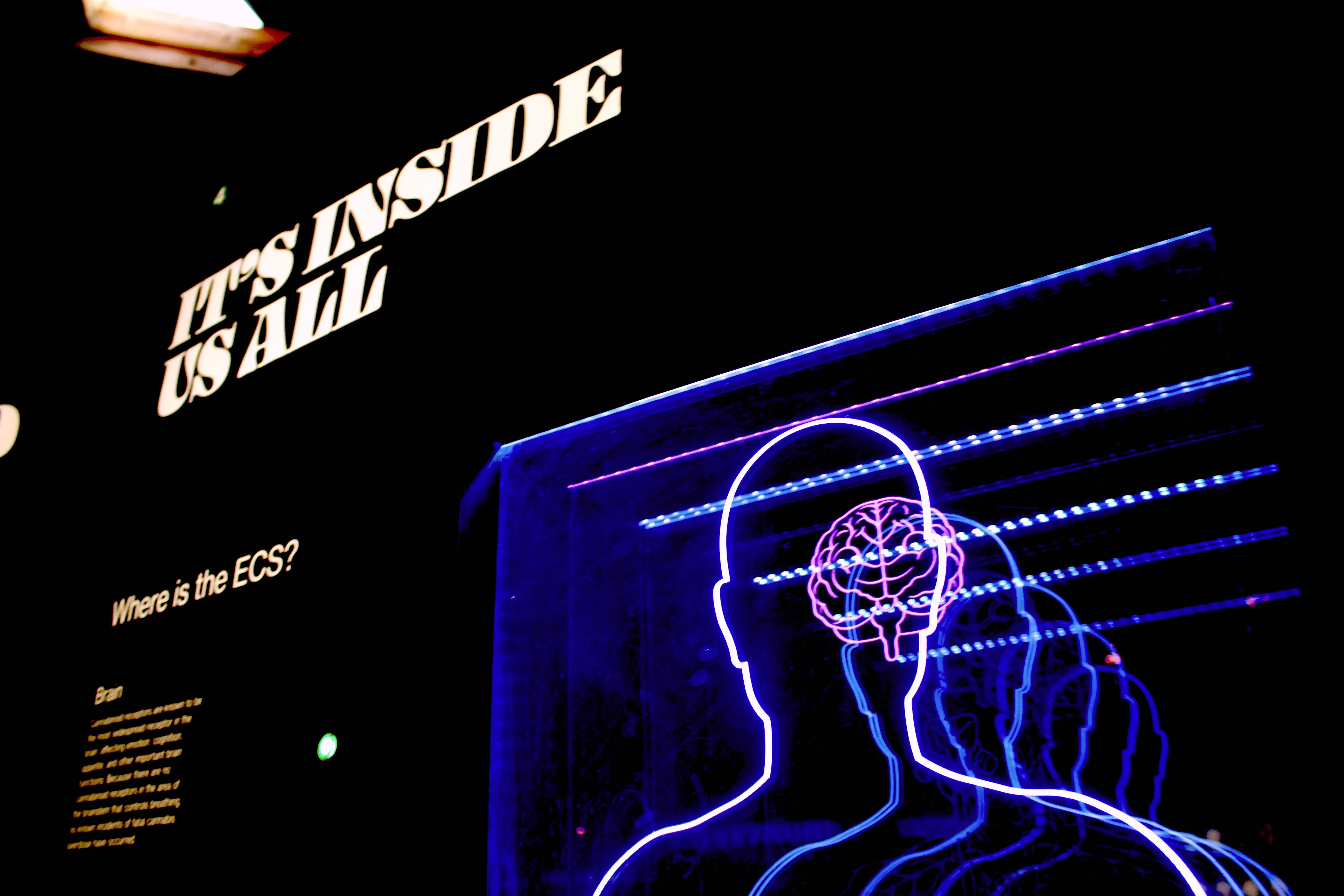Understanding the Impact of Depression on Marriage. Can marriage help with depression and anxiety?

The Influence of Depression on Relationships
- Impact on Partners
- Depression and Separation
- Steps to Take
- Final Thoughts
While depression is primarily a personal struggle, its ripple effects can profoundly impact your relationships, especially your marriage.
Depression is not just a fleeting sadness; it encompasses a persistent sense of fatigue, cognitive changes, and a diminished capacity to find joy in activities that once brought happiness. These symptoms can create significant challenges in daily life and strain the bonds you share with your partner.
Even if your spouse understands your battle with depression, they might misinterpret your emotional withdrawal as a sign of disinterest in the relationship. It can be difficult to remember that these changes stem from depression, not a loss of love.
I Reveal The 6-Second Brain Trick That Activates Your Superhuman Brain! Click Here To Watch the Full Video (FREE).
How Depression Shapes Marital Dynamics
The reach of depression extends into the fabric of marriage. When a partner struggles with depression, they may seem detached not just from shared interests but from the relationship itself. This emotional distancing can be attributed to a symptom known as anhedonia, as Dr. David Helfand points out.
“Anhedonia represents a loss of pleasure in activities that were once enjoyable,” he explains, highlighting the confusion this can cause for a spouse. If you’re the one dealing with depression, this can lead you to question your feelings for your partner, mistaking the absence of joy for a change in love.
“Ultimately, the challenge lies not within the marriage itself but within the struggle with depression, which needs to be addressed for the relationship to flourish again,” Helfand notes.
For many couples, anhedonia can also lead to a decline in physical intimacy, leaving both partners feeling undesirable. Cognitive shifts associated with depression may hinder your ability to remember your partner’s requests or engage in shared tasks, while negative thought patterns can lead to misunderstandings and conflicts that previously didn’t exist.
The Impact on the Partner
It’s completely normal to feel a sense of helplessness, stress, and frustration when your spouse is grappling with depression. The changes it brings can make your attempts to support them seem futile, leading you to question the future of your relationship.
“If your partner is depressed, it’s easy to internalize their feelings,” Helfand explains. “You might think they no longer care or find you uninteresting. In reality, their struggles extend far beyond your relationship.”
I Reveal The 6-Second Brain Trick That Activates Your Superhuman Brain! Click Here To Watch the Full Video (FREE).
Is Divorce Common After Depression?
While data is limited, there is a connection between depression and divorce. Living with mood disorders can heighten the risk of separation, although it’s not always a direct cause.
As Marissa Moore, a licensed counselor, emphasizes, “Depression alone doesn’t lead to divorce, but it can exacerbate marital issues. If left unaddressed, these challenges may push couples toward separation.”
Supporting a Spouse with Depression
First and foremost, remember that depression is treatable. Encouraging your spouse to seek professional help can be a powerful first step. If they hesitate, offer to accompany them to appointments or suggest couples therapy.
You can also support your marriage in several ways:
- Educate Yourself: Understanding depression can provide insight into your spouse’s behavior, helping you recognize symptoms and reduce feelings of personal blame.
- Engage in Activities Together: Behavioral activation, a core element of cognitive behavioral therapy, involves engaging in fulfilling activities to combat feelings of disinterest. Encourage shared experiences like walks or cooking new meals together.
- Foster a Supportive Environment: Create a home atmosphere characterized by patience, active listening, and open dialogue about how depression impacts both of you.
- Revisit Joyful Memories: Helfand suggests identifying moments of peak happiness in your spouse’s life and striving to recreate those experiences as a way to rekindle joy.
Final Thoughts
Depression can cast a long shadow over your marriage, but understanding its effects is crucial. The symptoms may mimic emotional detachment or a fading attraction, yet it’s the depression that disrupts the relationship, not a lack of love.
By treating depression, you can help restore harmony in your marriage. Educating yourself, nurturing open communication, and rekindling shared joy can be transformative steps in this journey.













